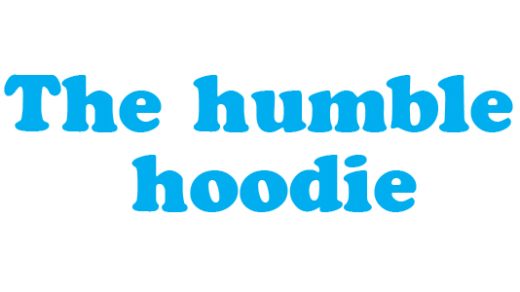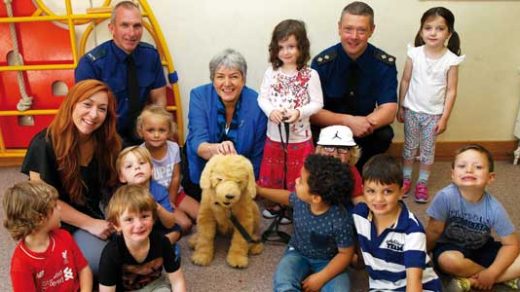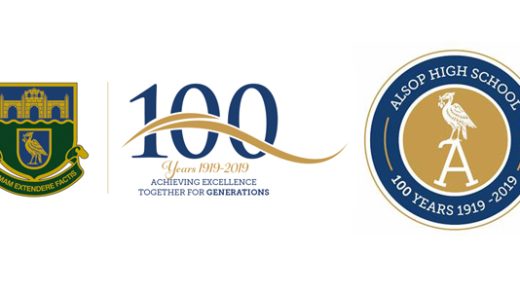Poll from The Children’s Society highlights growing shortfall in vital young people’s mental health support

A recent poll by leading children’s charity, The Children’s Society, highlights the growing shortfall in young people’s mental health support, with two in five parents (41 per cent) who sought help for their child reporting “that they did not receive the support they needed’, leaving thousands of children stuck in limbo and at risk of escalating into a full-blown crisis.
During Children’s Mental Health Week (3–9 February), The Children’s Society is unveiling a bold new initiative to spotlight the crisis facing children as they seek urgent mental health and wellbeing support.
Iconic statues across the country will be transformed with hard-hitting messages about delays in support. The initiative aims to jolt communities into recognising that delays aren’t just statistics, they are childhoods on hold.
Each installation calls on policymakers and the public alike to understand the need for easy access to wellbeing support for every young person in need.
The statues include the Peter Pan Statue in Liverpool, The Real Family statue in Birmingham, Alice Through the Looking Glass in Guildford, Boy with the Leaking Boot in Cleethorpes, The Messenger statue in Plymouth.
The survey of 3,000 parents in England and Wales whose children are aged 4-17, reveals a system struggling to keep pace with soaring demand: 45 per cent of parents said their child had independently sought mental health support, yet over a third (36 per cent) of these requests went unmet.
The findings also noted that some of these children and young people experience emotional or mental health issues that will not meet the current threshold and criteria for specialist mental health support.
Following the poll, The Children’s Society has warned that the overstretched thresholds for specialist services and fragmented early intervention programmes are failing families, but stresses that targeted investment could significantly improve the situation and make a real difference for children and young people.
Mark Russell, chief executive of The Children’s Society, said: “Parents aren’t asking for miracles – they’re asking for basic support before problems snowball but instead are met with barriers and delays. Far too many children are counting down the days to crisis this winter – their childhoods are hanging in the balance.
“Children can’t wait for weeks or months for treatment, they need immediate help before their issues hit crisis point. We must act now to ensure every child has access to the mental health care they need.”
One young person, Eva, said: “It’s easy to lose hope when it comes to seeking support if it doesn’t come quickly enough. Being rejected from support can make it seem like your feelings aren’t valid or severe enough, and some people won’t then seek support anywhere else. I want to tell people not to stop seeking help because it is out there. Your feelings matter and they aren’t defined by a criteria.”
The Children’s Society believes there needs to be more funding for early support services across the country – where young people can build resilience, work through their feelings, and learn to cope with the stresses of growing up so that no child is left without the support they need.
Some of the key findings include 77 per cent of parents said their child’s school offers mental health support, but only 32 per cent confirmed it was available full-time. One in seven (14 per cent) reported no provision. Over half (53 per cent) of parents first turned to schools, followed by GPs (39 per cent). Yet looking ahead, 56 per cent now view GPs as their primary future port of call – but 33 per cent would resort to private therapists or counsellors (33 per cent), highlighting inequities with mental health charity or organisation’s website (31 per cent), followed by friends or family (26 per cent).
The findings also highlighted that a staggered 85 per cent of parents believe earlier intervention should be offered to children before issues escalate; with 52 per cent citing current thresholds and waiting times as direct barriers preventing their children from getting the support they need.




